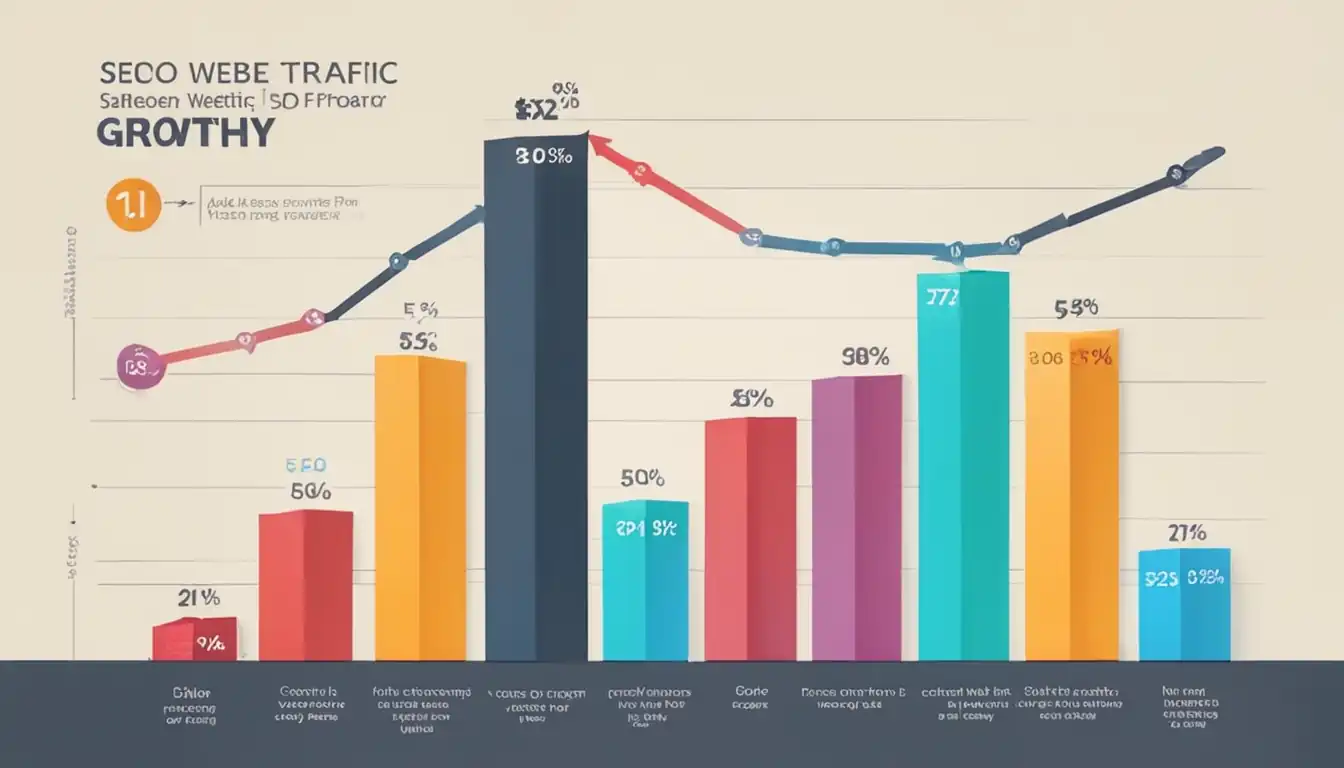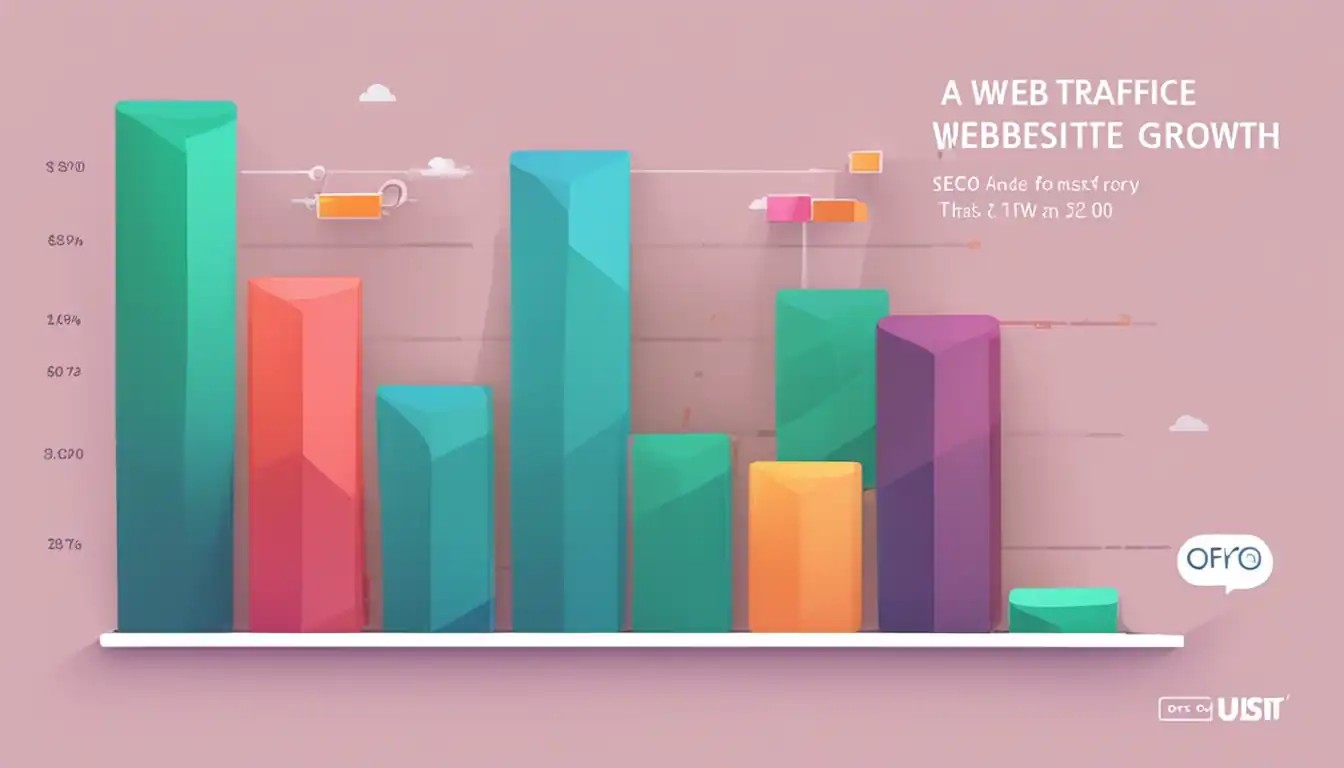Mastering SEO Content Competitor Analysis

In the vast world of SEO, one key strategy stands out among the rest - competitor analysis. Understanding what your competitors are doing can give you a leg up in the digital landscape. In this post, we will delve into the art of mastering SEO content competitor analysis to help you stay ahead of the game and boost your online presence.
Understanding the Basics of Competitor Analysis in SEO

Competitor analysis in SEO involves researching and analyzing your competitors' online presence, content strategies, keywords, and backlink profiles to identify opportunities for improvement in your own strategy.
What is SEO Content Competitor Analysis
SEO content competitor analysis specifically focuses on examining your competitors' content strategies, including the type of content they produce, the keywords they target, and how well their content performs in search engine rankings. By conducting a thorough analysis of your competitors' content, you can gain valuable insights into what works well in your industry and identify areas where you can outperform them.
Why It's Crucial for Your Strategy
1. Identifying Opportunities: By analyzing your competitors' content, you can uncover gaps in the market that you can capitalize on with your own content. This could include targeting keywords that they are not ranking for or creating more comprehensive and valuable resources than what they offer.
2. Improving Your Content Strategy: Understanding what type of content resonates with your target audience and performs well in search results can help you refine and optimize your own content strategy. By learning from your competitors' successes and failures, you can create more effective and engaging content that drives traffic and conversions.
3. Staying Ahead of the Competition: In a competitive online landscape, staying ahead of your competitors is crucial for maintaining visibility and relevance. By regularly monitoring and analyzing your competitors' content strategies, you can adapt quickly to changes in the market and ensure that your own content remains competitive.
In conclusion, mastering SEO content competitor analysis is essential for developing a successful SEO strategy that drives organic traffic, improves search engine rankings, and ultimately helps you achieve your business goals.
Identifying Your Real Competitors
In order to master SEO content competitor analysis, it is crucial to first identify who your real competitors are in the digital landscape. These are the websites that consistently rank well for the keywords you are targeting and attract a similar audience.
Tools to Discover Your Search Competitors
There are several tools available that can help you discover your search competitors. Some popular options include SEMrush, Ahrefs, Moz, and SpyFu. These tools allow you to input your target keywords and see which websites are ranking for those terms. By analyzing this data, you can gain valuable insights into who your main competitors are in the search engine results pages (SERPs).
Analyzing Competitor Domain Authority and Page Rank
Once you have identified your search competitors, it is important to analyze their domain authority and page rank. Domain authority is a metric developed by Moz that predicts how well a website will rank on search engine results pages. Page rank, on the other hand, is a metric developed by Google that measures the importance of a webpage based on the number and quality of links pointing to it.
By comparing your own domain authority and page rank to those of your competitors, you can determine where you stand in relation to them. This information can help guide your SEO content strategy by highlighting areas where you may need to improve in order to compete effectively in the digital landscape.
Diving Deep into Competitor Content Strategies
When it comes to mastering SEO content competitor analysis, one of the key areas to focus on is understanding your competitors' content strategies. By diving deep into what your competitors are doing, you can gain valuable insights that can help inform your own content strategy and give you a competitive edge in the digital landscape.
Unpacking Their Keyword Optimization Tactics
One of the first things to look at when analyzing your competitors' content strategies is their keyword optimization tactics. By examining the keywords they are targeting and how they are incorporating them into their content, you can get a better understanding of what is driving their organic search traffic.
Key points to consider when unpacking their keyword optimization tactics:
- Identify the primary keywords they are targeting
- Analyze how they are using these keywords in their content
- Look for any long-tail keywords they may be focusing on
- Consider the search volume and competition level of these keywords
By closely examining your competitors' keyword optimization tactics, you can identify opportunities to target similar keywords or find gaps where you can differentiate yourself and target untapped keywords.
Content Formats That Win the SERP Game
Another important aspect of competitor analysis is looking at the content formats that are performing well for your competitors. Different types of content may resonate with different audiences, so it's essential to understand what formats are driving engagement and visibility in the SERPs.
Key considerations for analyzing content formats that win the SERP game:
- Identify the types of content (e.g., blog posts, videos, infographics) that your competitors are producing
- Evaluate which formats are generating high levels of engagement (e.g., likes, shares, comments)
- Look at how these formats are ranking in search results and driving organic traffic
- Consider how you can incorporate successful content formats into your own strategy while adding a unique twist
By studying your competitors' successful content formats, you can gain inspiration for new ideas and approaches that can help elevate your own SEO content strategy and drive better results in the competitive digital landscape.
Learning from Their Backlink Profile
Competitor analysis is a crucial aspect of mastering SEO content strategy. One key component of this analysis is examining your competitor's backlink profile. By understanding where their backlinks come from, you can gain valuable insights into their content strategy and potentially uncover opportunities for your own site.
Tools for Backlink Analysis
There are several tools available to help you analyze your competitor's backlink profile. Some popular options include Ahrefs, Moz Link Explorer, SEMrush, and Majestic. These tools can provide you with information on the number of backlinks pointing to a competitor's site, the quality of those backlinks, and where they are coming from.
What Quality Backlinks Can Tell You About Content Strategy
Quality backlinks are an important indicator of the authority and relevance of a website. When analyzing your competitor's backlink profile, pay attention to the quality of the sites linking to them. High-quality backlinks from reputable websites in your industry can indicate that their content is seen as valuable and authoritative.
Additionally, examining the anchor text used in these backlinks can give you insight into the keywords that are driving traffic to your competitor's site. This information can help inform your own keyword strategy and content creation efforts.
In conclusion, by thoroughly analyzing your competitor's backlink profile, you can gain valuable insights into their content strategy and identify opportunities to improve your own SEO efforts. Utilize tools for backlink analysis to gather data on the quality and quantity of backlinks pointing to your competitors' sites, and pay close attention to what these links can tell you about their content strategy.
Leveraging Competitor Insights for Improved Content Creation
Competitor analysis is a crucial aspect of mastering SEO content. By understanding what your competitors are doing, you can identify gaps in the market that you can fill and opportunities to exploit.
Gaps You Can Fill and Opportunities to Exploit
Analyzing your competitors' content can reveal areas where they may be lacking or not fully addressing customer needs. By identifying these gaps, you can tailor your own content to provide the missing information or solutions, thereby attracting potential customers who are looking for that specific content.
On the flip side, competitor analysis can also help you identify opportunities that your competitors may have overlooked. This could include topics that are trending but not yet covered by your competitors, or new keywords that have high search volume but low competition. By capitalizing on these opportunities, you can gain a competitive edge in the search rankings.
Creating Unique Value Propositions Based on Competitive Insights
One of the key benefits of competitor analysis is the ability to create unique value propositions based on what sets you apart from your competitors. By studying their strengths and weaknesses, you can position your own content in a way that highlights your unique selling points and appeals to your target audience.
For example, if your competitors are all focusing on written content but neglecting video or infographics, you could differentiate yourself by incorporating multimedia elements into your content strategy. This not only sets you apart from the competition but also provides additional value to your audience.
In conclusion, leveraging competitor insights for improved content creation is essential for mastering SEO. By identifying gaps to fill, opportunities to exploit, and creating unique value propositions based on competitive insights, you can enhance the effectiveness of your SEO content strategy and stay ahead of the competition.
Measuring the Impact of Your Adjusted Strategy
After conducting a thorough competitor analysis and implementing changes to your SEO content strategy, it is crucial to measure the impact of these adjustments. By setting up effective Key Performance Indicators (KPIs) and continuously analyzing the results, you can track the success of your efforts and make further improvements.
Setting Up Effective KPIs to Track Success
Organic Traffic: Monitor the increase in organic traffic to your website as a result of the adjusted SEO content strategy. This will help you understand if your content is resonating with your target audience and driving more visitors to your site.
Keyword Rankings: Keep track of how your target keywords are performing in search engine results pages (SERPs). Are they moving up or down in rankings? This will give you insights into whether your content optimization efforts are paying off.
Conversion Rates: Measure the conversion rates for key landing pages on your website. Are visitors taking the desired actions after consuming your content? This metric will help you determine if your content is effectively driving conversions.
Backlink Profile: Analyze the growth of backlinks to your website from high-quality sources. A strong backlink profile is essential for improving search engine rankings and increasing organic traffic.
Continuous Improvement Through Ongoing Analysis
Regular Audits: Conduct regular audits of your SEO content strategy to identify areas for improvement. This could include updating outdated content, optimizing meta tags, or refining keyword targeting.
Competitor Monitoring: Continuously monitor the SEO strategies of your competitors to stay ahead of industry trends and adjust your own strategy accordingly. Identify new opportunities for optimization based on what is working well for them.
User Feedback: Gather feedback from users through surveys, comments, and social media interactions to understand how they are engaging with your content. Use this information to tailor future content creation efforts.
By setting up effective KPIs and continuously analyzing the results, you can ensure that your SEO content strategy remains competitive and drives tangible results for your business.
Understanding the Basics of Competitor Analysis in SEO

When it comes to SEO content competitor analysis, knowing the basics is essential. What is SEO Content Competitor Analysis and why is it crucial for your strategy? These questions will be answered as we lay the foundation for your journey towards mastering this valuable skill.